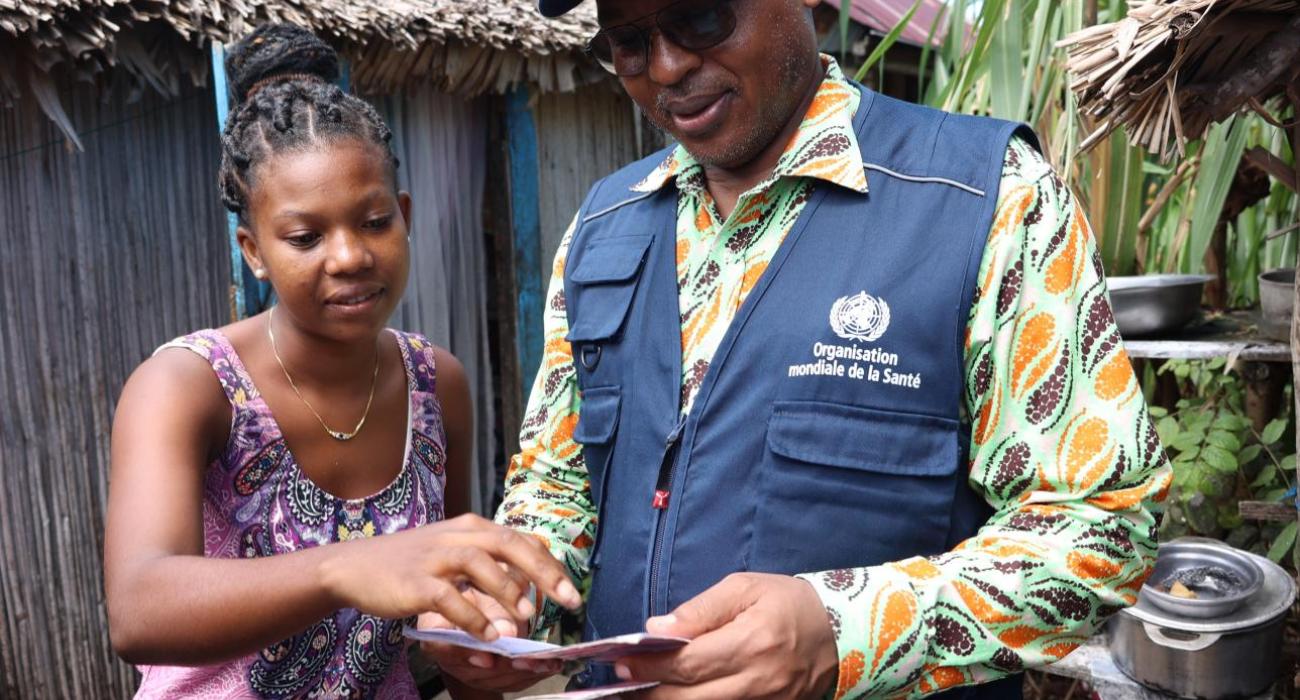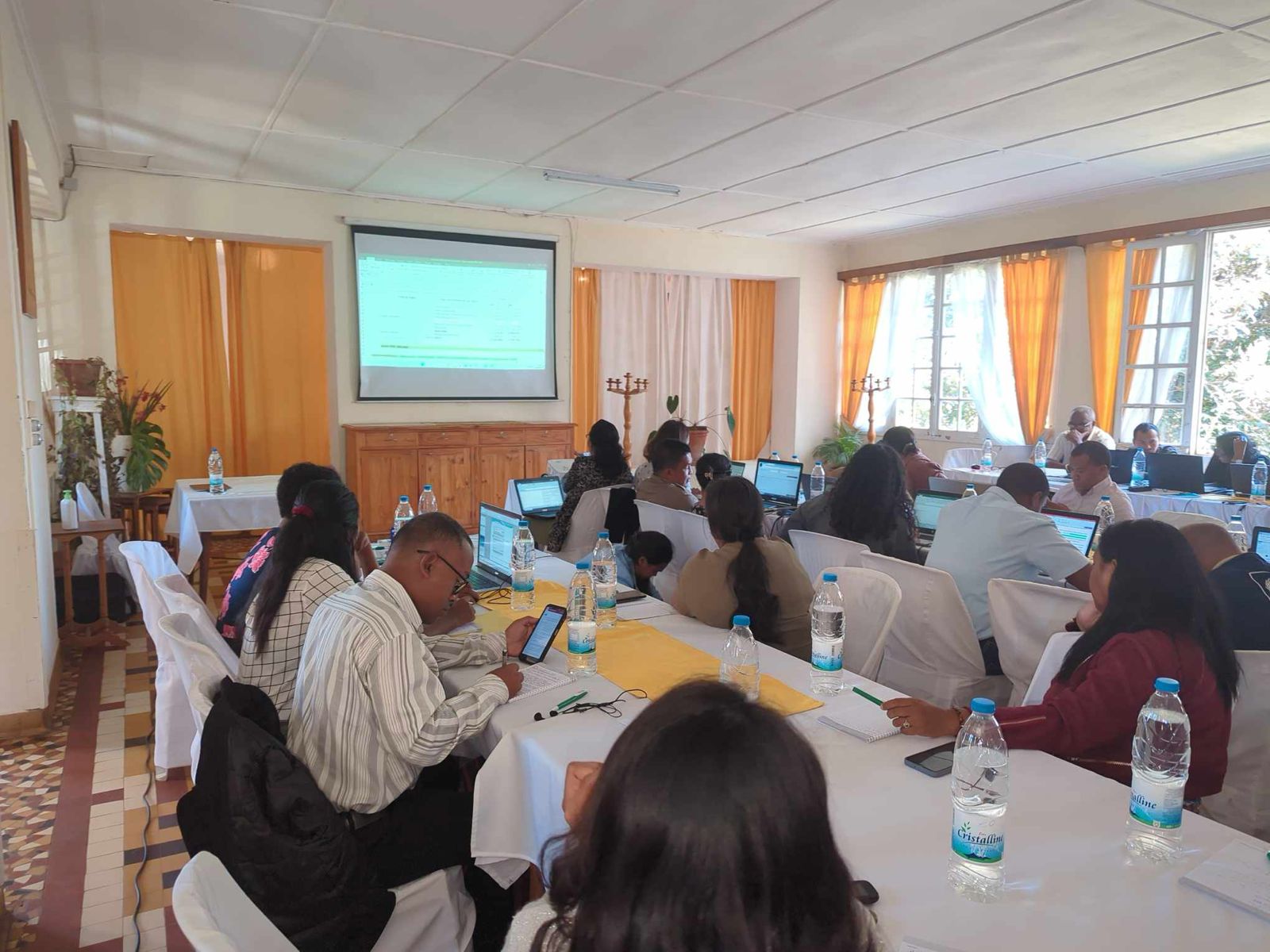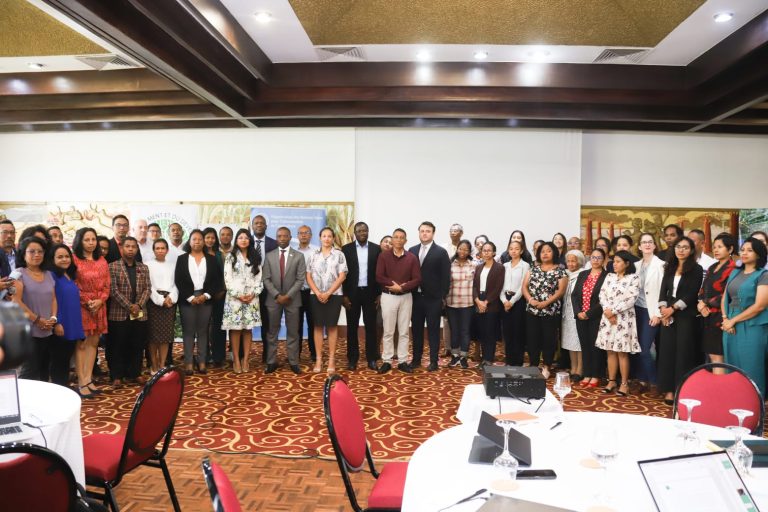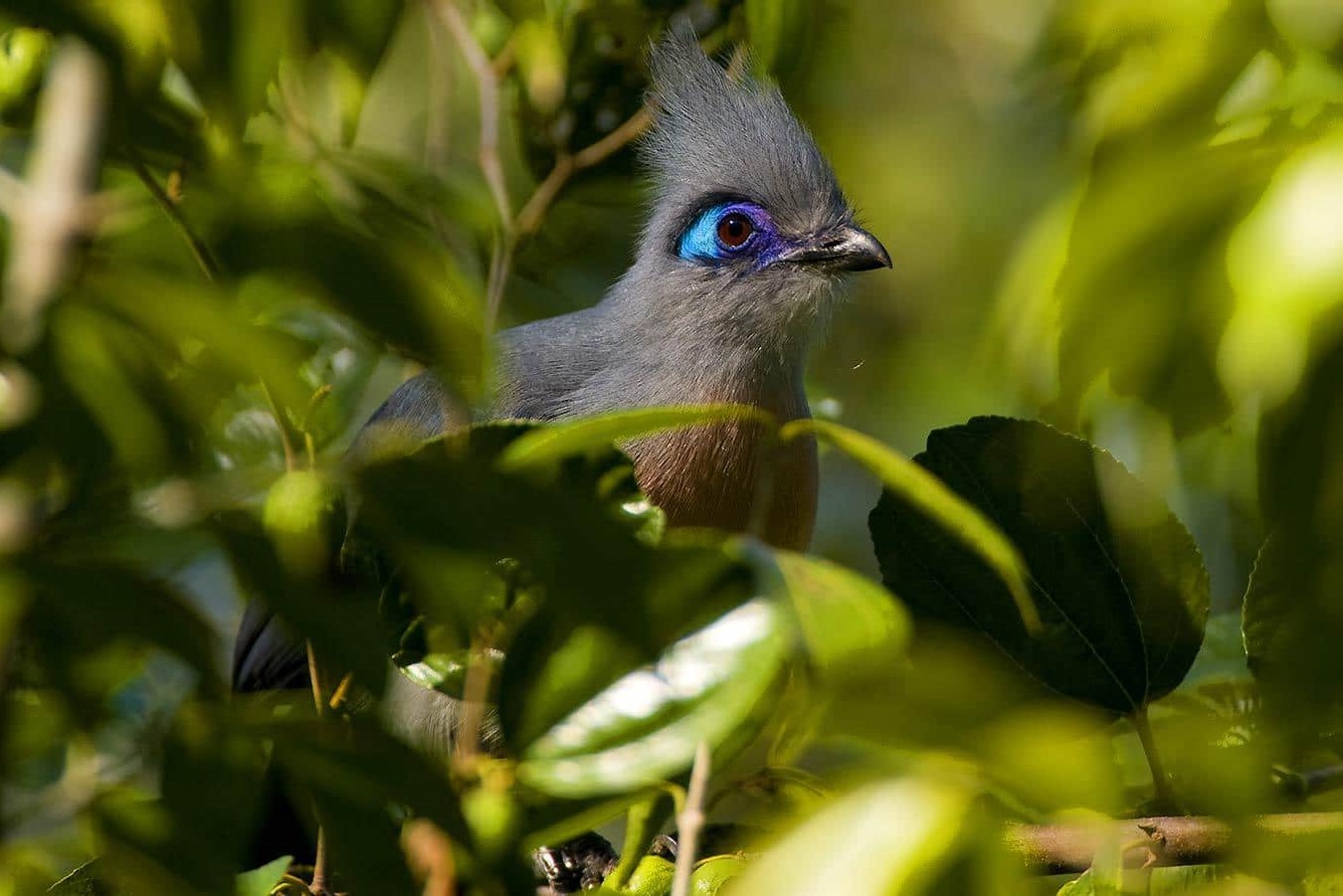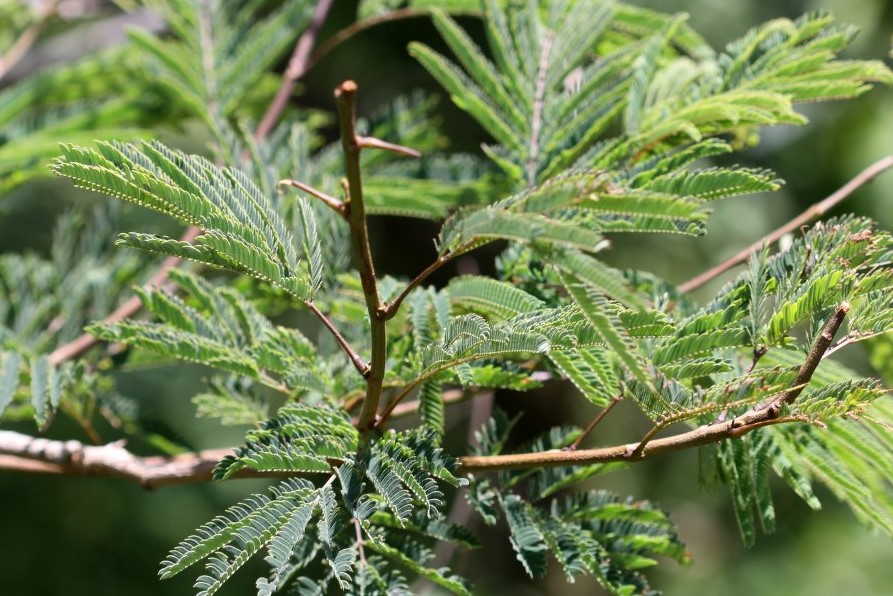Speech from the minister
Dear partners, collaborators and friends of the environment,
Since I had the honor of taking charge of the Ministry of Environment and Sustainable Development of Madagascar, I have traveled our country to personally meet our communities in different regions. These visits to initiatives and exchanges were a source of inspiration and confirmed to me the need for a Ministry that is a catalyst for sustainable development, rather than an obstacle. Our Ministry is committed to stimulating the economy in an inclusive manner while preserving our natural resources, by integrating sustainability at all levels of decision-making.
Far from the image of an anti-economic Ministry or one exclusively devoted to reforestation, we position ourselves as a pillar of sustainable development in Madagascar. We promote intersectionality and value each contribution from the public and private sectors, NGOs, civil society and international partners, because each action brings us closer to our common goal.
In this era of global challenges, where corruption and illicit trafficking threaten our efforts, I reaffirm our strongest commitment to zero tolerance. These scourges, which undermine the integrity of our work, will find no place in our vision of a prosperous and just Madagascar. The protection of our natural heritage is essential not only to preserve the environment but also to maintain the ecological balance vital to our survival.
The Malagasy government is making many efforts to achieve this vision and our strategic plan stems from the General Policy of the State. This ensures the consistency of our actions with long-term national objectives. However, this climate challenge is certainly the greatest of our generation and Madagascar is counting on the development of strategic partnerships and a renewal of its positioning on the international scene as being a major player in the fight against climate change and the protection of environment.
We are committed to innovative, complementary financing mechanisms to effectively support our environmental projects. At the same time, we are launching robust and impactful initiatives to fight pollution and climate change (waste management, electric mobility, inclusive value chains, biodiversity, etc.). At the heart of our strategy is the ongoing strengthening of our governance to ensure full transparency and increased efficiency in all our operations. Finally, it is essential to strengthen education, awareness, and research, essential pillars for increasing environmental awareness and stimulating sustainable innovation.
These first three months of meetings and dialogues with all of you, from here and elsewhere, have convinced me of the strength of our collective commitment. Together, with determination and a spirit of cooperation, we can make Madagascar an example of success in sustainable development.
I cannot thank you enough for joining us in this vital effort. Together, let's defend our vision of inclusive and sustainable development in Madagascar.
Read more


